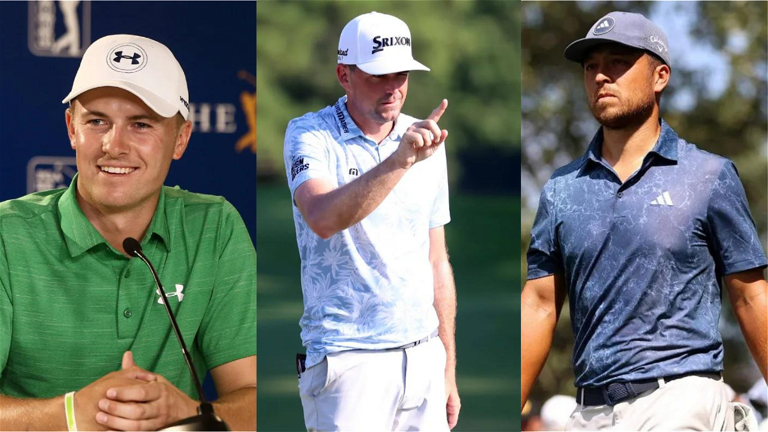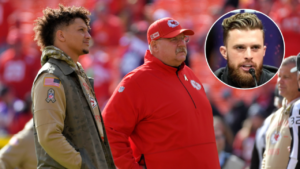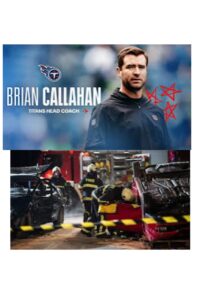
The Future of U.S. Ryder Cup Leadership A Potential Battle Between Furyk and Bradley For Who Is Going To Be The Next Head Coach After Phil Mickelson Retirement…
As Phil Mickelson’s illustrious career nears its end, the search for his successor as the U.S. Ryder Cup captain is already sparking intense debate. The debate centers around two prominent figures: Jim Furyk, the former U.S. Ryder Cup captain, and Keegan Bradley, a Ryder Cup veteran and emerging leadership figure. The eventual choice between these two could significantly impact the future trajectory of the team.
Jim Furyk, who captained the U.S. team in 2018, is a seasoned veteran with extensive Ryder Cup experience. Under his leadership, the U.S. team experienced both highs and lows, and his understanding of the competition’s nuances and the pressures involved are invaluable. Furyk’s prior experience as a captain positions him as a strong candidate for the role, offering stability and continuity. His calm demeanor and strategic acumen could prove advantageous in a high-stakes environment where experience can be as crucial as tactical prowess.
On the other hand, Keegan Bradley represents a new generation of Ryder Cup participants. His vocal support for team unity and his dynamic presence on and off the course have earned him respect from peers and fans alike. Bradley’s passion for the Ryder Cup is palpable, and his firsthand experience as a player could provide a fresh perspective. His candid approach and modern understanding of player dynamics could resonate well with younger players and reinvigorate the team’s spirit.
The potential conflict over the appointment is not just a matter of personal preference but reflects deeper strategic considerations. Furyk’s leadership style, characterized by meticulous planning and an emphasis on tradition, contrasts sharply with Bradley’s more informal and player-centric approach. This dichotomy underscores a broader debate about the direction of U.S. Ryder Cup strategy and the balance between established methods and innovative ideas.
Supporters of Furyk argue that his previous experience and familiarity with the team’s dynamics make him the more reliable choice. His track record suggests a measured approach that might be crucial in maintaining the team’s consistency and performance. Conversely, proponents of Bradley argue that his energy and modern perspective could be exactly what the team needs to overcome recent challenges and rejuvenate its competitive edge.
Ultimately, the decision will hinge on what qualities the U.S. Ryder Cup officials value most at this juncture. Will they prioritize the tried-and-true methods and stability offered by Furyk, or will they opt for the fresh, energetic approach embodied by Bradley? As Mickelson’s retirement looms, this choice will not only shape the immediate future of the Ryder Cup but also set the tone for the next era of U.S. golf. The final decision will be a defining moment for the team’s legacy and its quest for Ryder Cup glory.







